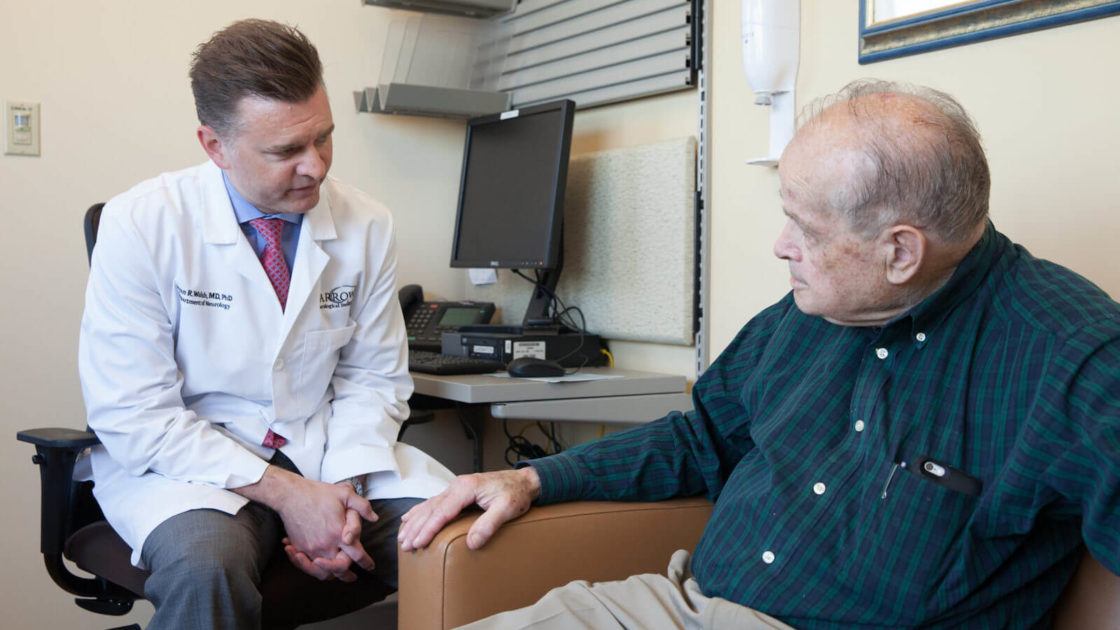
Study: Warm Weather Does Not Worsen Low Blood Pressure in Parkinson’s Patients
Neurogenic orthostatic hypotension (NOH), or an abnormal drop in blood pressure when changing positions, is a common condition in people with Parkinson’s disease. Warm weather has been thought to make the condition worse, but few studies have actually looked at how seasonal changes affect the severity of NOH.
In a study presented at the IAPRD World Congress on Parkinson’s Disease and Related Disorders, a team at the Muhammad Ali Parkinson Center found no significant change in the degree of NOH between summer and winter months.
Six neurologists and a fellow co-authored the study, which was a retrospective review of 550 patients with clinic visits from January 2014 to August 2018. Of the 550 patients, 22.4 percent were diagnosed with NOH and another 21.8 percent met the criteria for NOH but were not diagnosed.
The NOH patients had their blood pressure measured while lying down and standing up. This measurement is known as orthostatic blood pressure. There was no significant change in the systolic (top number) or diastolic (bottom number) blood pressure measurements from the summer to winter months and vise versa.
The researchers also found no significant association between NOH and gender, hypertensive medication, number of Parkinson’s medications, Levodopa equivalents, or the number of medications for comorbidities.
About the Muhammad Ali Parkinson Center
The Muhammad Ali Parkinson Center at Dignity Health St. Joseph’s Barrow Neurological Institute in Phoenix is one of the most comprehensive Parkinson’s treatment centers in the world, coordinating patient care, physical therapy, speech therapy, occupational therapy, pharmaceutical and surgical care, research, and patient education and outreach. The Muhammad Ali Parkinson Center has been designated a Center of Excellence by the National Parkinson Foundation.
